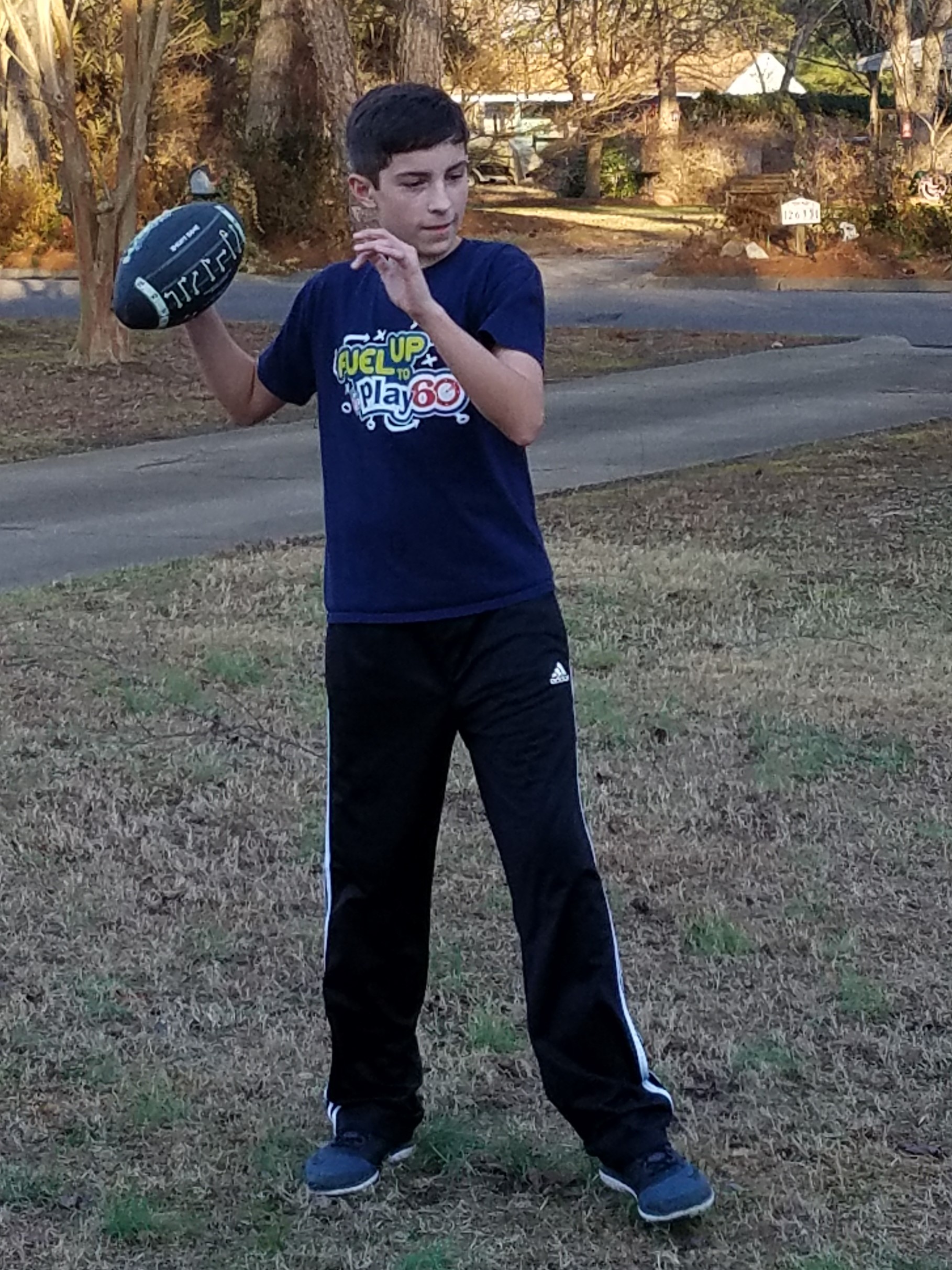There’s no denying that Generation Z-ers (people born after 1996) are technology fiends. At any given moment they might be documenting their daily activities via Snapchat, scrolling through their News Feeds or snapping an Instagram-worthy shot. But a survey conducted by GENYOUth (a nationwide organization that promotes healthy behaviors in kids) and Thrive Global found that nearly two-thirds of kids feel stressed about their health and well-being — and technology isn’t helping. While nearly three-quarters of youth feel they are in control of their health and wellness, and even more believe that taking care of themselves now will pay off in the future, stress prevails.
The survey included a nationally representative sample of 1,816 middle school, junior and senior high school students, including a sample of students active in GENYOUth’s national wellness and leadership programs, Fuel Up to Play 60 and AdVenture Capital. According to the results, while the majority of students really care about their health, only 39 percent of those surveyed said they can learn what they need to know about health and well-being from the classes at their school and 39 percent noted that technology improves their health.
Only 1 out of 10 Gen Z’ers surveyed said they use technology to boost their health, even though “the majority of kids are interested in technology to support their wellness,” according to the research.
Even students actively participating in health and wellness programs, “have not figured out how to use technology to support their wellness,” with only 12 percent of GENYOUth students surveyed reporting that they use health and wellness technology on a daily basis.
The survey found that kids aren’t using technology to improve their health due to a lack of interest. According to the survey, Gen Z-ers say they feel “health-related apps or devices” aren’t designed for people their age. But there is one social platform that captures their wellness interest: YouTube. According to the survey findings, the platform appeals to Gen Z-ers because they “can hear voices like their own and issues they care about.”
Gen Z is the largest generational demographic, pushing out the Millennial generation who, until recently, led the way, beating out its Baby Boomer predecessors. In the future, what support and resources will this generation have to manage their health? With healthcare top-of-mind for many, understanding the needs of the upcoming generations is critical.
Find out more about how today’s youth are prioritizing their health and wellness here.



